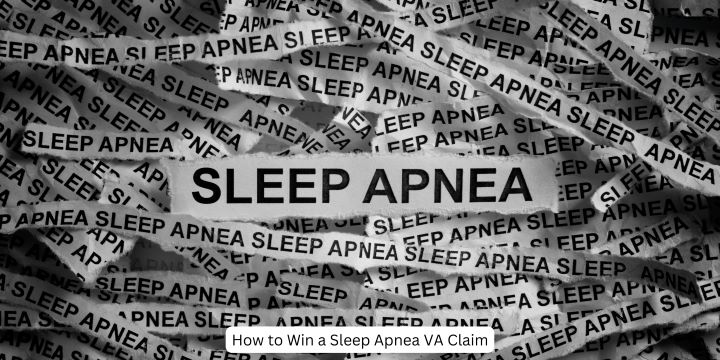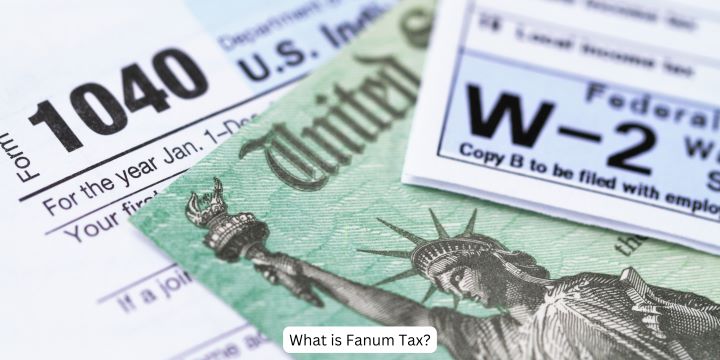If you’re a veteran struggling with sleep apnea and seeking VA disability benefits, you’re not alone. Sleep apnea is a common condition that affects many veterans, often stemming from their military service. However, winning a VA disability claim for sleep apnea can be challenging. In this guide, we’ll walk you through the steps to successfully win your VA claim for sleep apnea, covering all the important aspects to increase your chances of approval.
Understanding Sleep Apnea and Its Types
Sleep apnea is a disorder that causes a person to stop breathing temporarily during sleep. The VA recognizes three types of sleep apnea:
- Obstructive Sleep Apnea (OSA): The most common type, caused by a blockage of the airway.
- Central Sleep Apnea (CSA): Occurs when the brain fails to send proper signals to the muscles that control breathing.
- Complex Sleep Apnea Syndrome: A combination of both obstructive and central sleep apnea.
The VA can provide disability benefits for any of these types if they are service-connected.
Key Steps to Win a VA Sleep Apnea Claim
1. Establish Service Connection
The most important step in winning your claim is establishing a service connection for your sleep apnea. The VA requires that your condition either started or was aggravated during your military service. There are three primary ways to prove this:
- Direct Service Connection: This means your sleep apnea developed during your time in service. To prove this, you need medical evidence showing a diagnosis of sleep apnea or symptoms like loud snoring, gasping for air, or frequent waking during your service.
- Secondary Service Connection: In some cases, sleep apnea may be caused by or aggravated by another service-connected condition. For example, veterans with PTSD or depression often experience sleep disturbances that lead to sleep apnea. If you already have a service-connected condition like PTSD, you may be able to establish a secondary connection.
- Presumptive Service Connection: This applies if you served in certain circumstances where sleep apnea is presumed to be service-connected, though this is rare. For example, Gulf War veterans may qualify for presumptive service connection for sleep apnea due to exposure to environmental hazards.
2. Provide a Clear Diagnosis
The VA requires a current diagnosis of sleep apnea to approve your claim. A diagnosis should come from a medical professional, typically after undergoing a sleep study (polysomnography). If you haven’t had a sleep study done yet, it’s crucial to get one before submitting your claim.
The sleep study must confirm the type of sleep apnea you have and its severity. Without this diagnosis, your claim is unlikely to succeed.
3. Gather Strong Medical Evidence
Medical evidence is the backbone of any VA claim. To win a sleep apnea claim, you’ll need:
- Service Medical Records (SMRs): If your military medical records show you reported symptoms of sleep apnea during service, this can help establish a direct service connection.
- Post-Service Medical Records: Records of treatment for sleep apnea after your service are equally important. These should include your diagnosis and any prescribed treatments like a CPAP machine or surgery.
- Buddy Statements: Statements from family members, friends, or fellow service members who witnessed your sleep disturbances can be valuable. These are especially useful if your sleep apnea symptoms started in service but you didn’t seek medical attention at the time.
4. Nexus Letter from a Doctor
A nexus letter is a statement from a medical professional that links your sleep apnea to your military service. The doctor should explain how your sleep apnea is either directly related to your service or secondary to another service-connected condition.
The nexus letter should:
- Include a thorough review of your medical history.
- Explain the medical rationale for the connection between your service and sleep apnea.
- Be written by a doctor familiar with VA claims processes.
A well-written nexus letter can significantly boost your chances of winning your claim.
5. Demonstrate the Severity of Your Condition
The VA rates sleep apnea based on its severity and how it impacts your daily life. The rating is typically assigned as follows:
- 0%: Asymptomatic but with a confirmed diagnosis.
- 30%: Sleep apnea causes persistent daytime hypersomnolence (excessive daytime sleepiness).
- 50%: Requires the use of a CPAP machine or similar device.
- 100%: Chronic respiratory failure due to sleep apnea or requires a tracheostomy.
Make sure your medical evidence clearly demonstrates the severity of your condition. For example, if you’re prescribed a CPAP machine, ensure this is documented in your medical records.
Common Pitfalls and How to Avoid Them
- Incomplete Medical Evidence: Failing to provide a complete medical record, including a sleep study, can lead to a claim denial. Be thorough in gathering and submitting all relevant documents.
- Lack of Nexus Letter: Without a strong nexus letter, your claim could be denied even if you have sleep apnea. Make sure to work with a doctor who understands VA claims and can provide a clear medical opinion linking your condition to your service.
- Not Appealing a Denied Claim: If your claim is denied, don’t give up. You have the right to appeal the decision. Often, claims are denied because of insufficient evidence, which can be corrected with additional documentation or a stronger nexus letter.
How to Appeal a Denied Sleep Apnea VA Claim
If your VA sleep apnea claim is denied, you can appeal the decision. There are several options for appealing:
- Supplemental Claim: If you have new and relevant evidence, such as additional medical records or a nexus letter, you can file a supplemental claim.
- Higher-Level Review: This involves having a more experienced VA adjudicator review your case, without submitting new evidence.
- Board Appeal: You can appeal directly to the Board of Veterans’ Appeals if you believe the VA made a legal error in denying your claim.
Conclusion
Winning a VA claim for sleep apnea requires careful preparation, strong medical evidence, and a clear service connection. By following the steps outlined above and avoiding common pitfalls, you can significantly improve your chances of getting the VA benefits you deserve. If your claim is denied, don’t hesitate to appeal the decision and provide any additional evidence necessary to strengthen your case.
Being proactive and thorough is key to a successful outcome.





